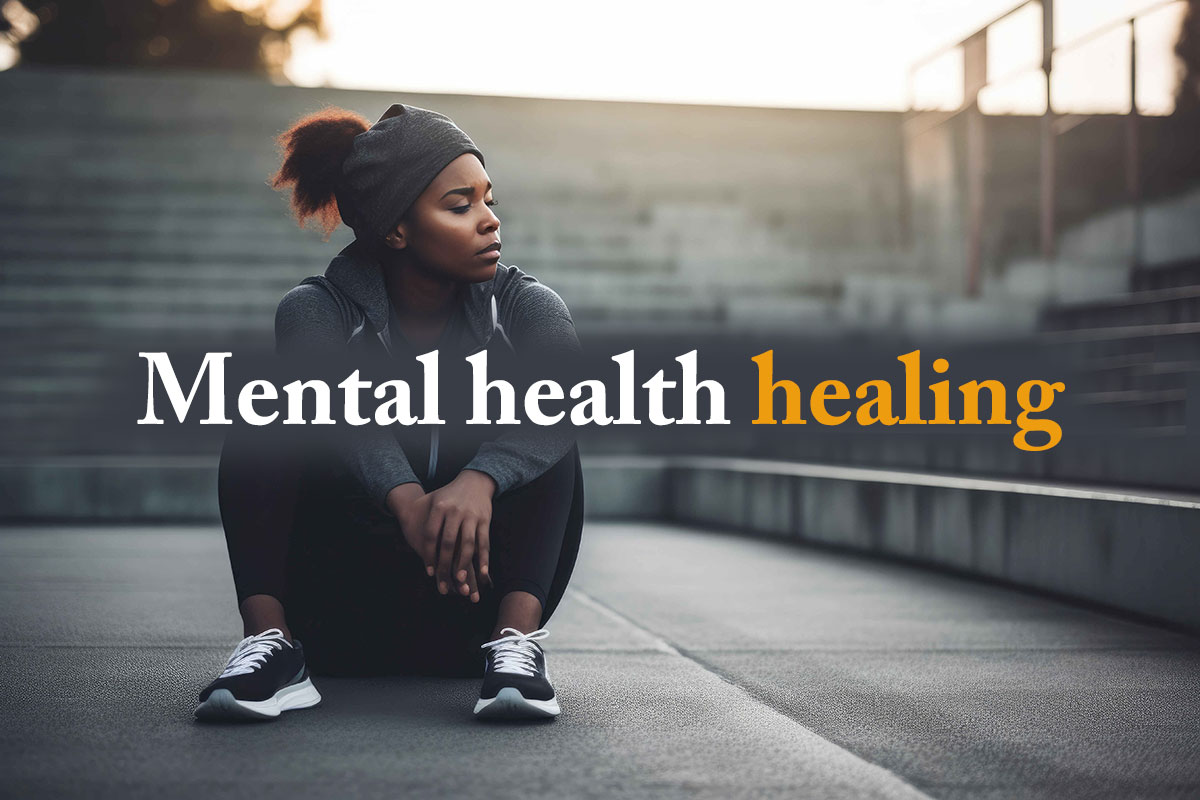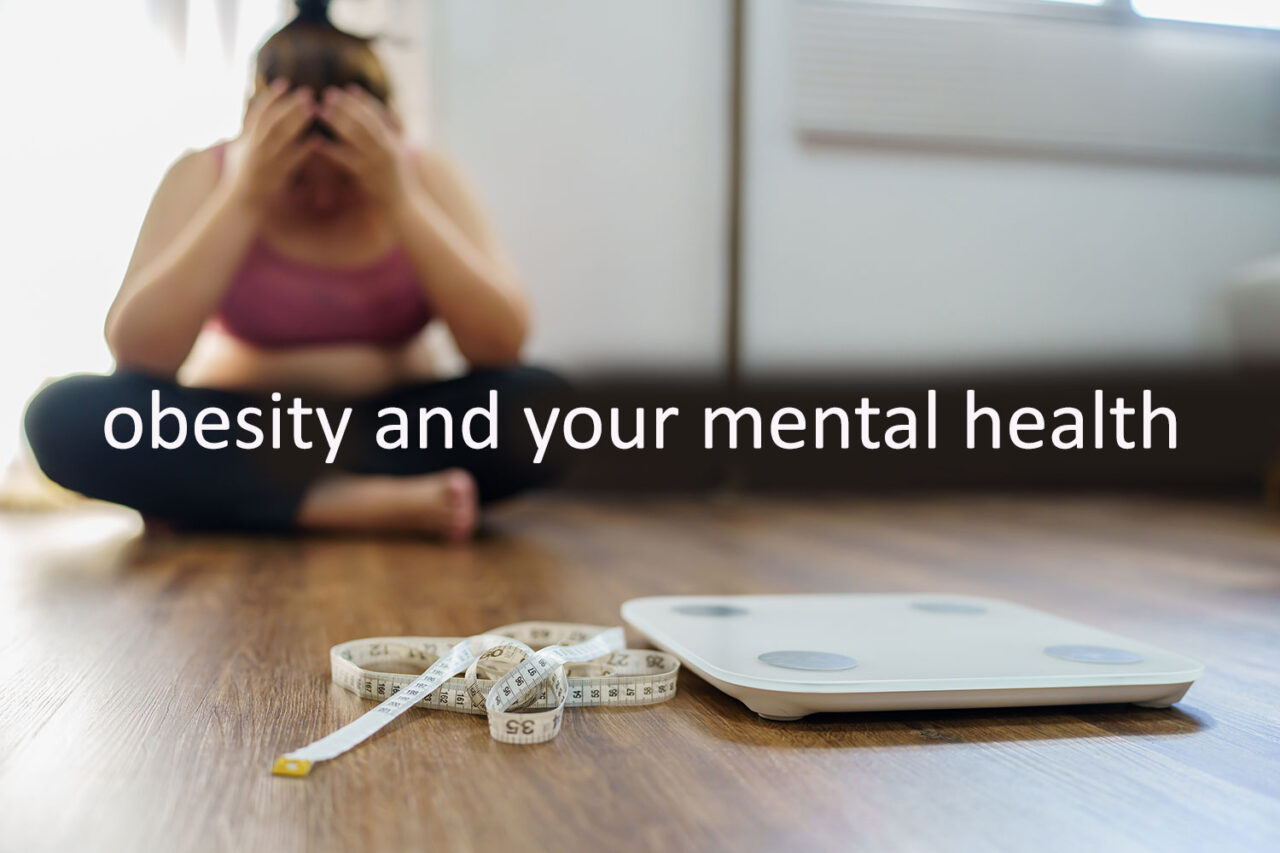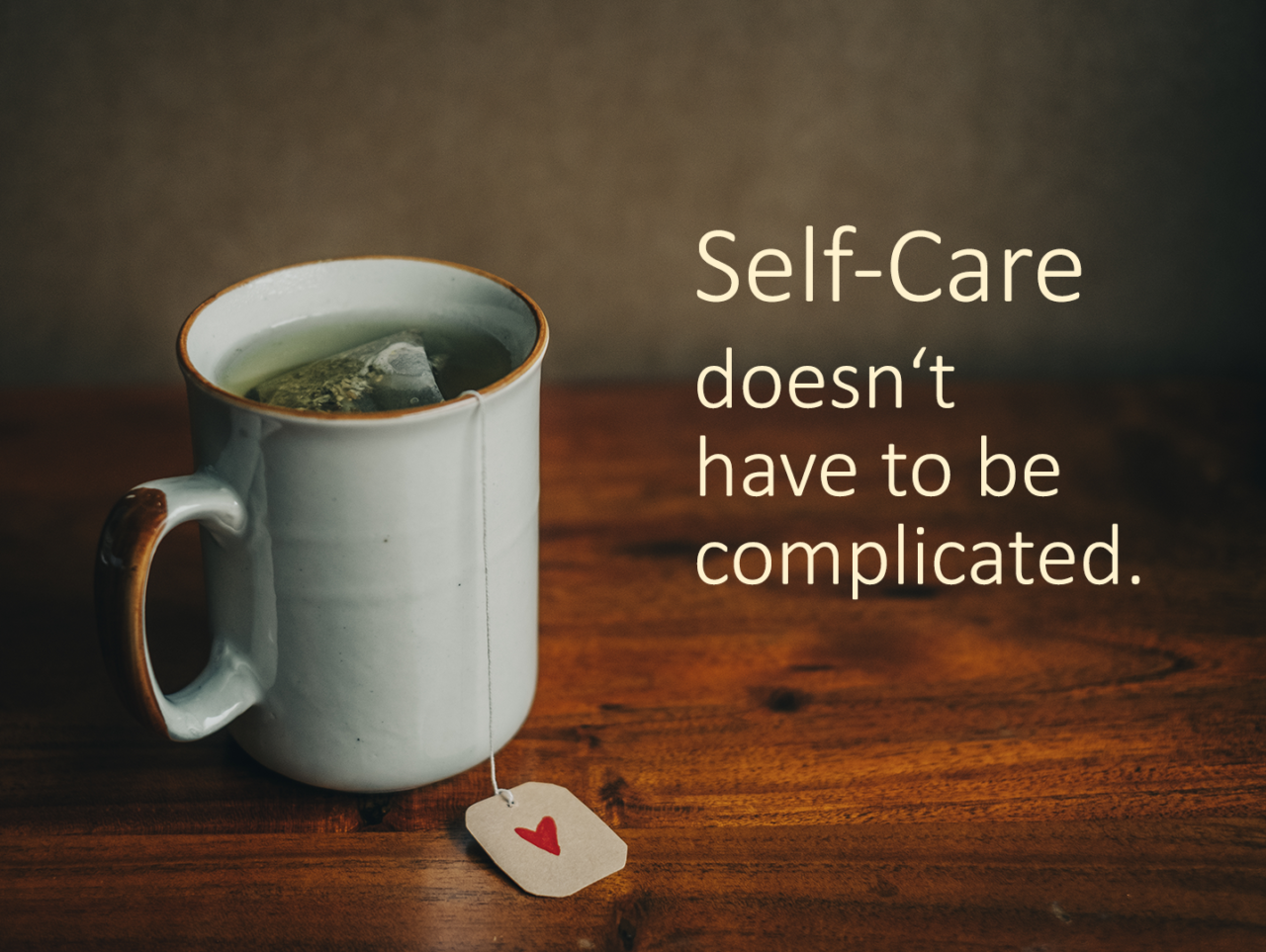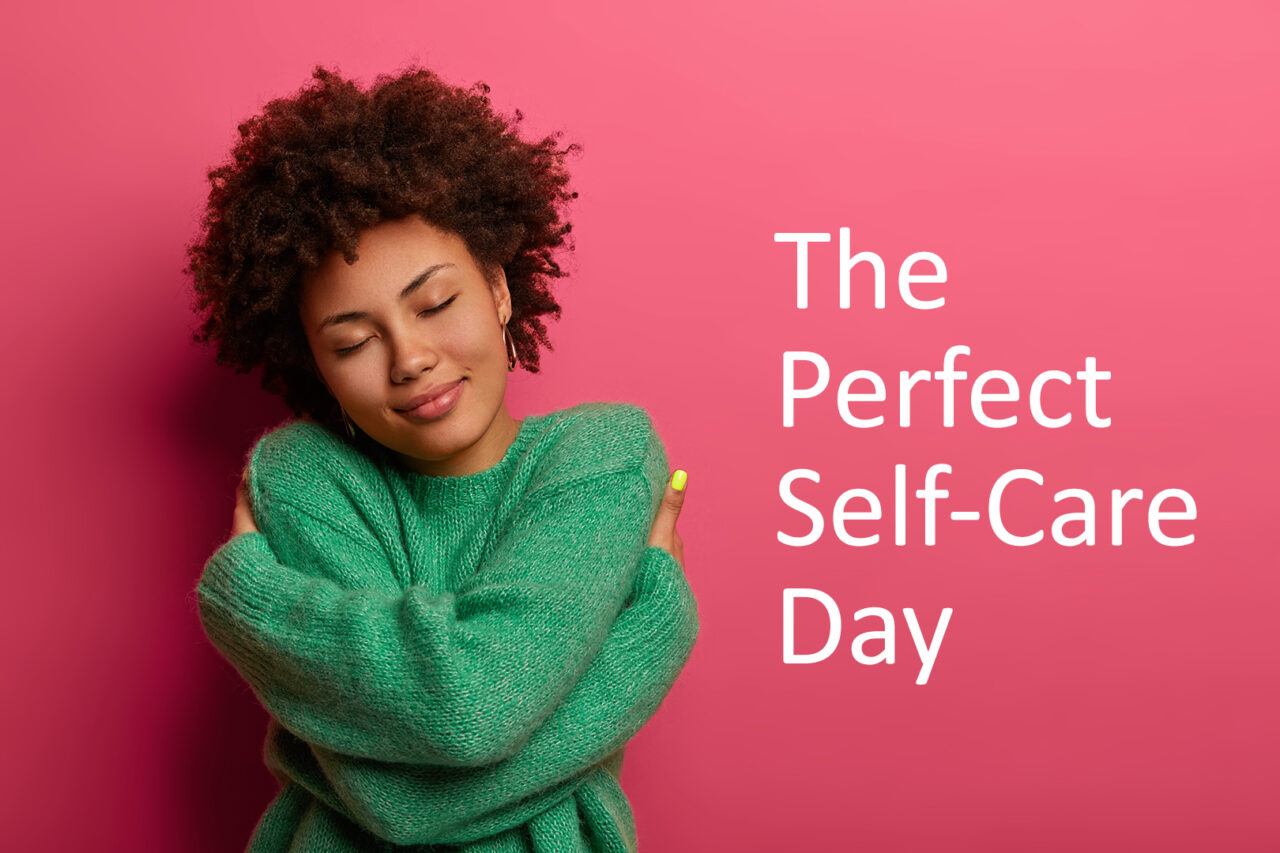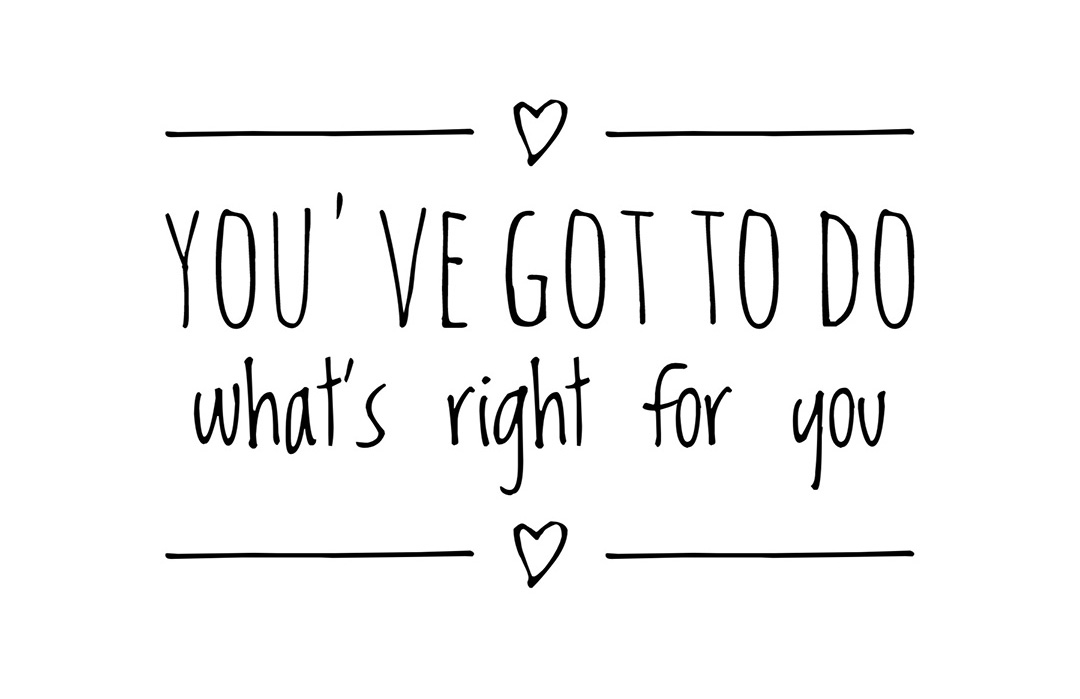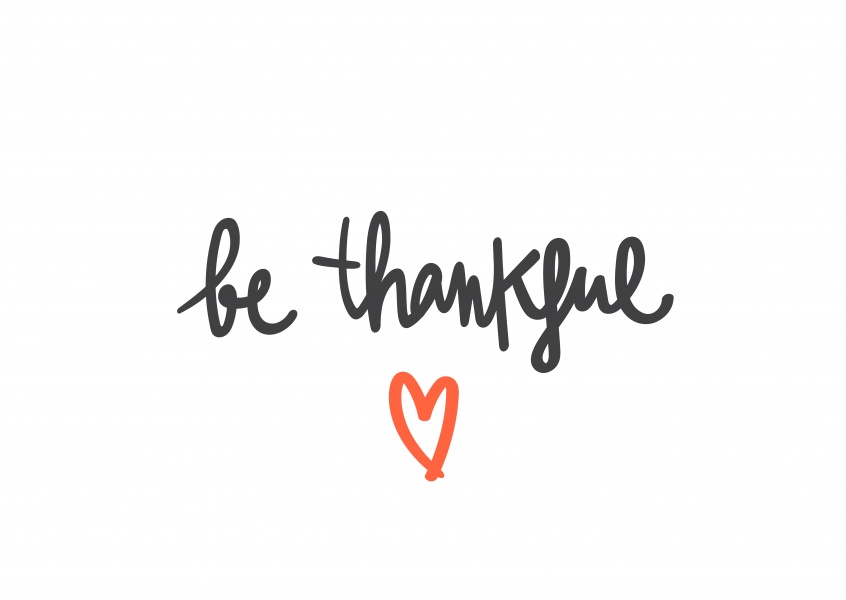Mental health healing refers to the process of improving and restoring one’s mental well-being and emotional balance.
It involves addressing and managing various mental health challenges, such as anxiety, depression, trauma, stress, and more.
- Therapy: Different types of therapy, such as cognitive-behavioral therapy (CBT), dialectical behavior therapy (DBT), mindfulness-based therapy, and others, can help individuals develop coping skills, identify negative thought patterns, and learn healthier ways to manage emotions.
- Self-Care: Prioritize self-care activities that promote overall well-being, such as regular exercise, a balanced diet, sufficient sleep, and engaging in hobbies or activities you enjoy.
- Mindfulness and Meditation: Mindfulness practices and meditation can help individuals stay grounded, reduce stress, and improve their ability to manage challenging emotions.
- Support Network: Surround yourself with supportive friends, family members, or support groups. Sharing your feelings and experiences with others can provide a sense of connection and reduce feelings of isolation.
- Set Realistic Goals: Break down your goals into smaller, achievable steps. This can help prevent feeling overwhelmed and give you a sense of accomplishment as you make progress.
- Positive Coping Strategies: Identify healthy coping strategies that work for you, such as journaling, deep breathing, creative expression, or spending time in nature.
- Limit Stressors: Identify and address sources of stress in your life. This might involve making changes to your environment, setting boundaries, or seeking solutions to ongoing problems.
- Patience and Persistence: Healing takes time, and setbacks are normal. Be patient with yourself and continue working on your well-being, even if progress feels slow.
- Educate Yourself: Learn more about your mental health condition. Knowledge can help you better understand what you’re experiencing and empower you to make informed decisions about your treatment.
- Avoid Self-Stigma: Remember that seeking help for mental health issues is a sign of strength, not weakness. Avoid negative self-talk and challenge any stigmas you may hold about seeking help.
- Seek Professional Help: Consulting with a mental health professional, such as a psychiatrist, psychologist, therapist, or counselor, is crucial. They can provide proper diagnosis, personalized treatment plans, and therapy tailored to your specific needs. (schedule an appointment with a Therapist here: bcsnygroup.com/appointments
Remember, everyone’s journey to mental health healing is unique. What works for one person may not work for another, so it’s important to find the strategies and approaches that resonate with you and support your well-being. If you’re struggling with your mental health, reaching out to a qualified mental health professional for guidance and support is a positive first step to healing.

